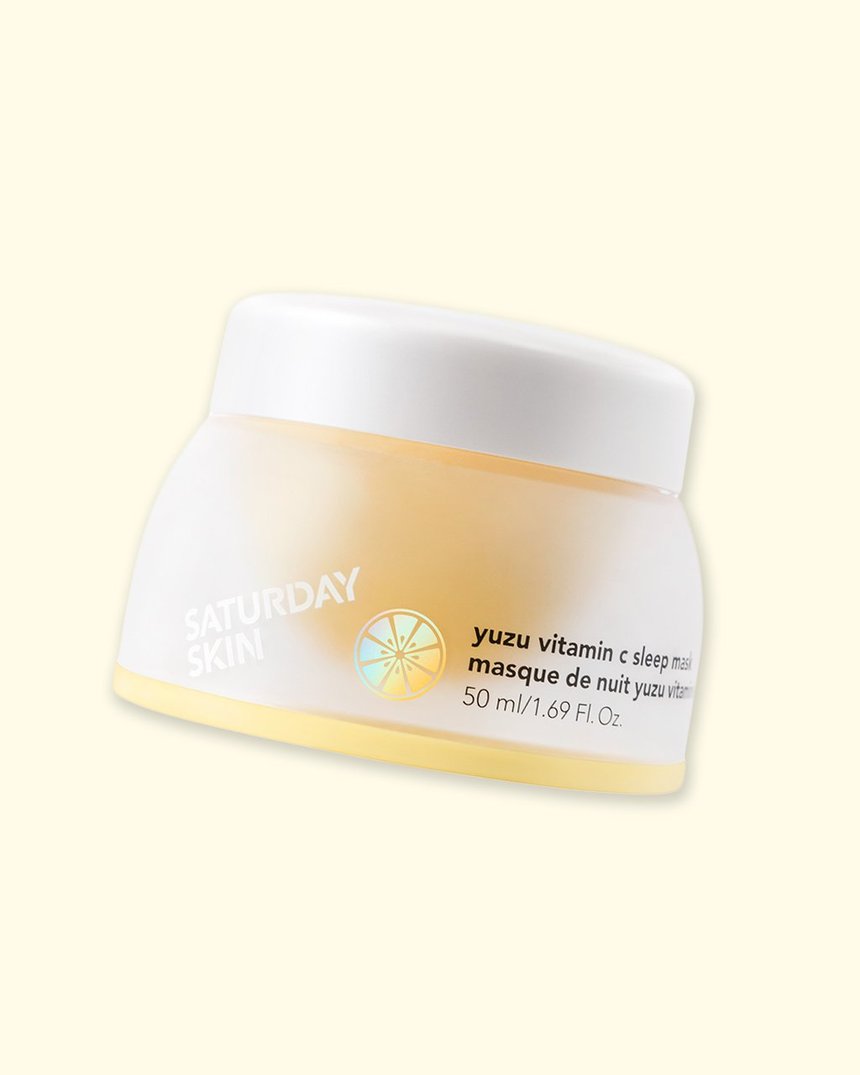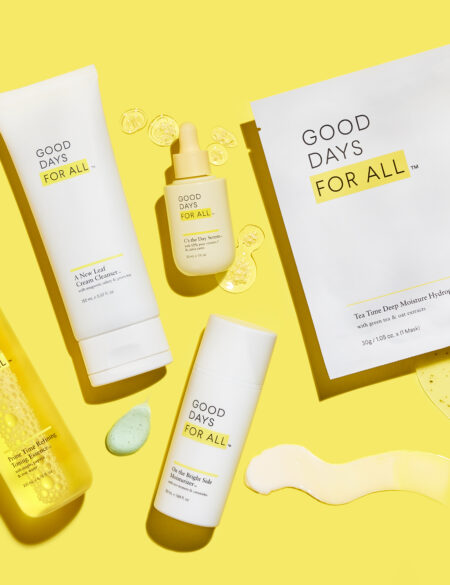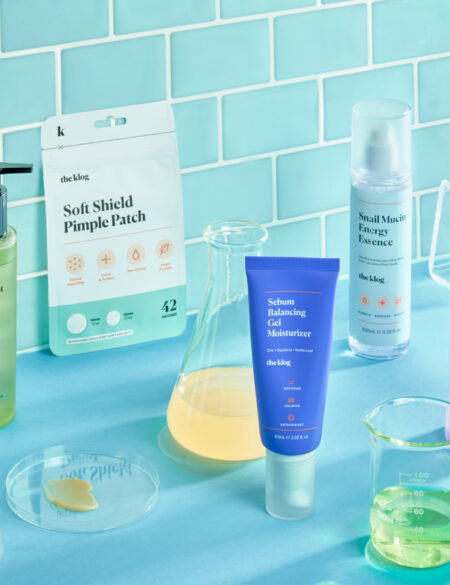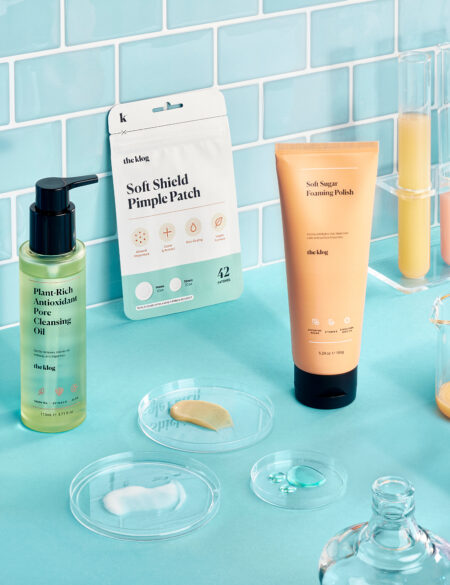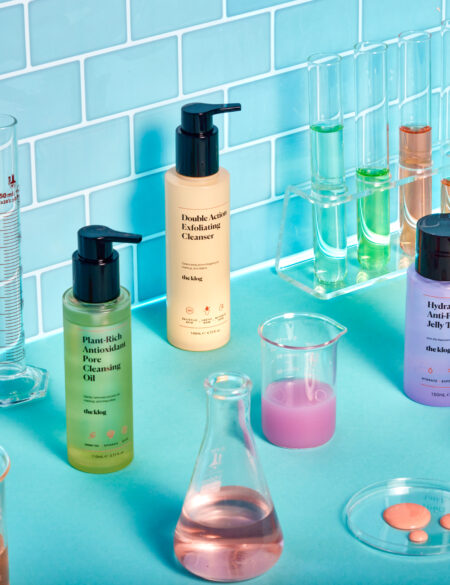Retinol? Retinoids? Retin-A? Vitamin A? They all sound the same, but we’re guiding you through the vitamin A derivatives differences!
We’re sure the word “retinol” rings a bell. The vitamin A derivative has taken over the skin care world in the last few years for tackling everything from fine lines and wrinkles to acne without requiring a prescription.
Everyone from top-notch skin influencers (and brand owners) like Hyram and Susan Yara to pop-culture icons like J-Lo and Nicole Kidman have claimed retinol as their holy grail skin care ingredient. Dermatologists have even praised it as *the* solution to most common skin concerns.
What you might now know is that retinol exists as one of MANY vitamin A derivatives, each with their own, albeit similar, sounding name. Some require the skin to take less steps to convert it into retinoic acid, meaning they’re much more potent. Others are gentler and can be used by more of an array of skin types.
Before you make the fateful decision to include this magic brand of vitamin A ingredients into your skin care routine, it’s essential to distinguish the difference between retinol, Retin-A, and other retinoids that best fit your skin type and your skin needs. So, we’re doing it for you! Take a peek below.
So What Are Retinoids?
Retinoids? Retinol? Retin-A? They all sound the same because they’re related. Retinoid is an umbrella term for vitamin A derivatives.
Retinol and Retin-A are types of retinoids that derive from vitamin A, which is known to help exfoliate dead skin cells and speed up our skin’s natural turnover rate while promoting collagen production. However, different retinoids serve different purposes, and not all retinoids are the same!
So What Is Retinol?
If you’re dealing with wrinkles, skin texture, or hyperpigmentation, then retinol might be the perfect addition to your skin care routine, especially if you’re looking for a long-term solution. And because most OTC products contain between 0.0015% to 0.3% of retinol, it can be a safe vitamin A option for individuals with sensitive skin types.
Retinol works by using a natural form of Vitamin A that eventually converts into retinoic acids once it oxidizes and binds to special enzymatic receptors after contact with the skin. These retinoic acids accelerate the skin cell cycle to gently exfoliate and reveal new, youthful, glowing skin while treating common skin problems like acne.
We recommend that you start off using retinol every other day and work to gradually build your tolerance to daily use. Sandwiching your retinol, a technique which requires applying retinol in between two layers of moisture, can decrease your skin’s irritation to the ingredient!
K-Beauty has some great gentle retinol infused picks, like Saturday Skin’s Yuzu Vitamin C Sleep Mask and Tony Moly’s uber cute Plump-Kin Retinol Eye Cream.
It can take 4-6 months to see results, but according to dermatologists it’ll be worth it.
So What’s Retin-A?
If you’re dealing with persistent or severe acne, it’s maybe time to consider possibly adding Retin-A into your skincare routine. However, getting your hands on Retin-A (also known as tretinoin) is more challenging and requires a prescription from your dermatologist.
Unlike retinol which undergoes a few processes to turn into retinoic acid, the form of vitamin A which the skin uses to speed up cell turnover and complete all of its skin care benefits, Retin-A does not need to be converted by the skin to retinoic acid. It is retinoic acid!
So, when applied to the skin it starts the skin renewal process much quicker than retinol which is why results are much more apparent sooner. However, because Retin-A uses a higher concentrated molecular compound than most retinoids, many people experience skin sensitivity after a few uses.
To use Retin-A or incorporate it into your routine, we recommend that you follow your dermatologist’s direction since this is a topical medication.
Vitamin A- Hooray!
Retinoids are a highly potent tool used in skin care! There are tons of more derivatives and esters used in skin care, but we see retinol and Retin-A (Tretinoin) used the most.
There’s one golden rule to remember when you’re using retinol, Retin-A, or any topical retinoid- ALWAYS wear SPF. Newly exfoliated skin is more sensitive to harmful UVA and UVB rays from the sun. So, if you’re trying to preserve youthful, glowing skin, sunscreen is a MUST!
+We hope you find the perfect retinoid for your skin type and skin concern. If you have, let us know which derivative works best for you below!




